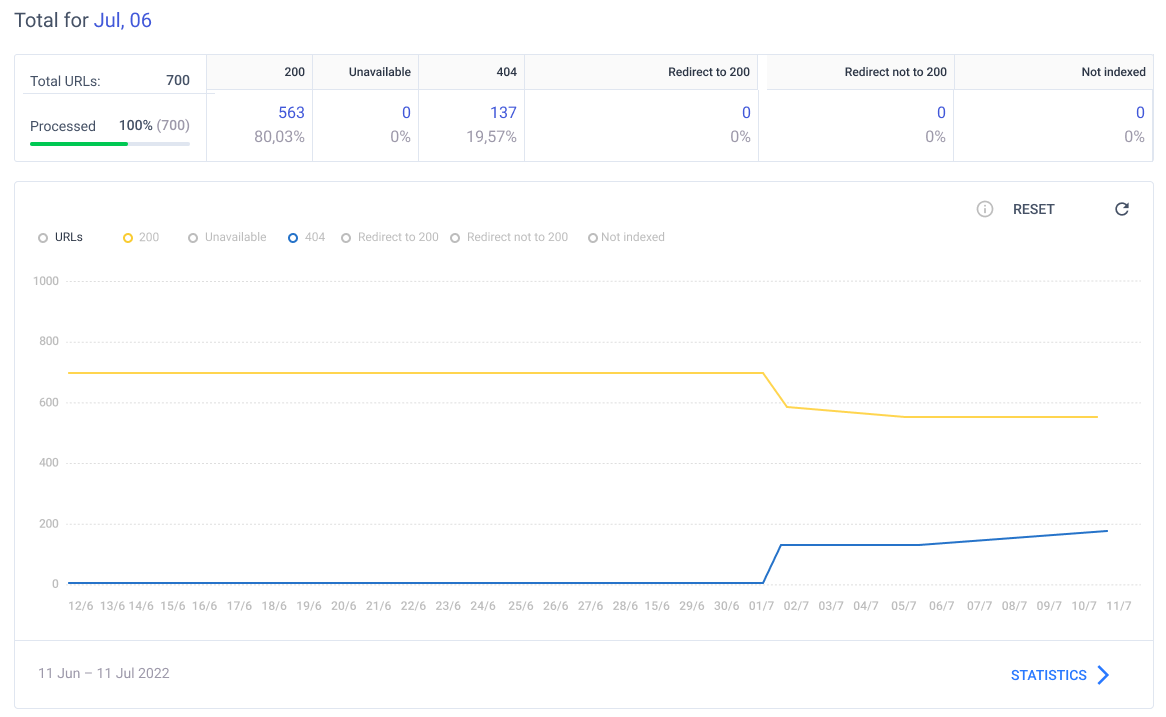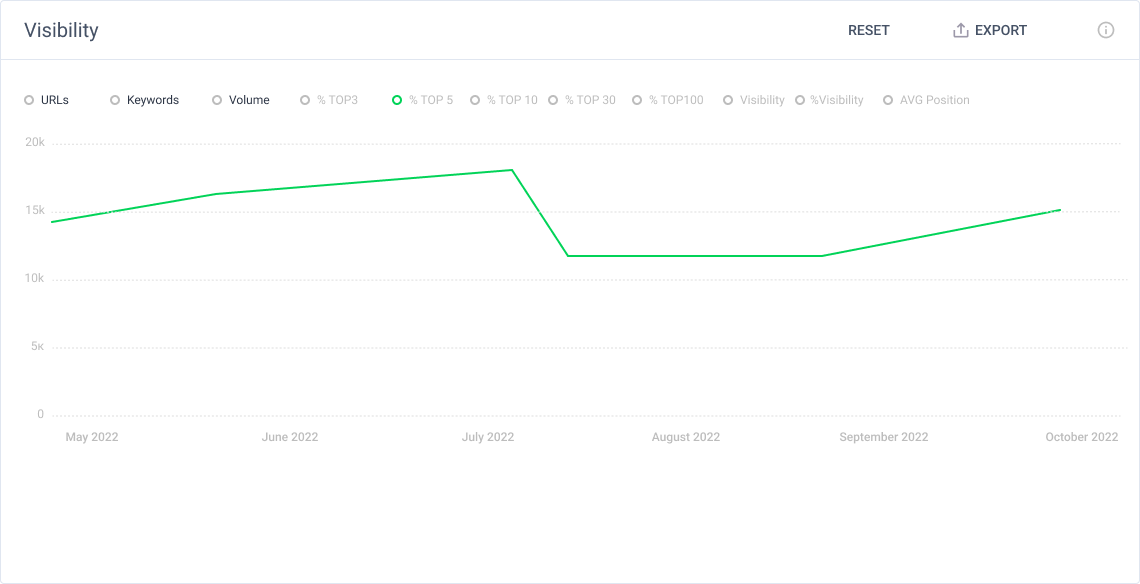Almost every SEO specialist has encountered a situation where a slight change on a website site by the development team negated their efforts, causing the site to lose positions in search engines and search traffic.
A couple of years ago, we observed a vivid example of the misalignment of the development and SEO departments. Due to a slight code modification by the developers, search engine crawlers’ access to a large sports portal was limited and its traffic decreased by several times.
Could that situation have been avoided? Definitely! It’s just a question of cooperation between the development department and the team responsible for SEO. But how to build effective communication between SEOrs and developers if a website is optimized by an SEO agency?
Here are a few tips based on our experience and proven by leading SEO agencies. (And here we gathered tips for in-house SEO team and development team)
When a SEO is run by an agency or an external expert, the company enters into a contract with the agency. The contract formalizes all communication, and each part understands and accepts its responsibility. The risk of mistakes is minimal.
The agency’s client immediately agrees that any changes to the website from their side may affect its performance, and all modifications must be discussed and approved by the SEO agency.
Keep a record of tasks related to the website in a document with shared access. It could be a task manager or something simple like Google Sheets. Anyway, this document should have:
- the names of the tasks;
- task priorities;
- a brief description of the modification or a link to it;
- status of implementation;
- dates (date of creation, date of initiation and date of implementation).
SEO specialists should constantly monitor this list and leave their comments for each task on that list.
That way, they can detect undesirable SEO changes. At the same time, they can monitor the status of important tasks they requested, ping developers, and draw the client’s attention to important tasks that for some reason are not done.
It is very important that all information about changes to the site initiated by the client reaches the SEO specialists; it does not matter how non-critical it seems to the client for search engine optimization.
For example, updating the design of the site entails a series of problems on the part of SEO:
- Text optimization collapses because the entire structure has been changed, and often many links become broken.
- A huge part of the content is not indexed, because many cool features are implemented in such a way that they are not visible to the search engine crawlers (especially in cases when SPA technology is used).
- Important SEO texts are deleted (“Oh well, who reads those anyway? But have cool pics now!”)
- Crucial elements such as micro-pagination, pagination settings, and other important elements that developers would not think of are completely ruined.
Let’s look what it may be looked like.
Some pages became unavailable for users after some technical changes on the website . Search Engine crawlers also started to receive 404 Response code, and that, in particular, affected Search Visibility of those pages.
I’d like to share one case from our experience which, unfortunately, is not unique. A client decided to remove “outdated” articles from a corporate blog without coordination with the SEO agency. As a result, the website lost more than 50% of its search traffic. Sounds like a nightmare for every SEO manager.
But I hope now you know how to avoid such situations.
Maximally immerse the SEO agency in the ongoing work on the site, agree with them on all changes, and carefully read the contract: in order to make sure their clients are disciplined, many agencies charge an extra fee for SEO work which is necessary to restore positions lost due to uncoordinated changes on the site.











